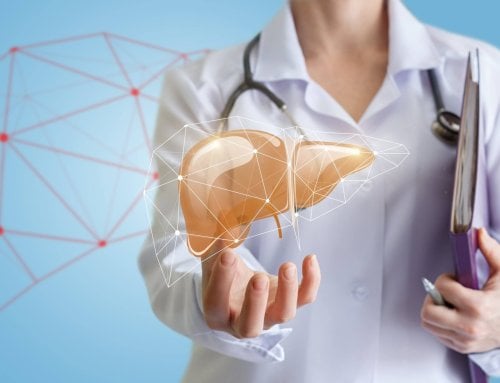Many people with diabetes want to lower their blood sugar and reduce related health risks such as cardiovascular disease. While fad diets might seem like an easy way to shed pounds and lower health risks often they do more harm than good. Discover more about fat diets and why they are not the best choice for people with diabetes.
- A variety of fad diets exist ranging from The Zone to the cabbage soup diet. Often these diets do not take into consideration carbohydrates, sugars or the basic nutritional requirements people should consume each day. People with diabetes could be putting their health at risk by following these diets.
- A diet is a temporary way to lose weight. Once the diet is over, you are likely to return to the poor habits that caused you to gain weight. The long-term key to success is to make lifestyle changes rather than go on a diet. Your goals are to lose weight, keep it off and change unhealthy dietary habits for optimum health when you have diabetes.
- Fad diets often cause your blood sugar to plummet creating a dangerous situation. If you take medication to reduce your blood sugar you may need to reduce the dose based on your physician’s advice. Whenever you reduce your calories it is important to frequently monitor your blood sugar. You should also monitor your cholesterol and blood pressure levels when dieting.
- Low-carbohydrate diets such as Atkins and South Beach Phase 1-put the body into ketosis by severely restricting carbohydrates. Ketosis occurs when the body burns it own fat for fuel instead of carbohydrates. A low carbohydrate diet is often higher in fat and cholesterol which increases the risk of heart disease. Consuming high levels of protein can put a strain on your kidneys which can exacerbate existing kidney problems.
- Following the glycemic index may be a good way to control blood sugars based on the type of carbohydrates you include in your diet. Low glycemic foods include fruits, vegetables, whole grains and beans which cause blood sugar levels to rise more slowly. High glycemic index foods including sugary cereals, mashed potatoes and white bread will cause a spike in blood sugars. The glycemic index can be used as a tool to help those with diabetes follow a healthier meal plan.
- Meal replacement diets and liquid diets can be harmful because of the level of carbohydrates consumed and the drastic reduction of calories. People with diabetes are advised against fasting. Never go on any diet without consulting your physician.
- Fad diets are rarely the solution to long-term weight loss and optimum well-being. People with diabetes should eat three meals and two- three snacks each day. Portion control is important. Eating on a schedule is critical. Sweet cravings can be fought off by using products such as a brown sugar substitute to bake diabetes-friendly treats. It is also important to exercise for at least 30 minutes, 5 days a week.
- To control your weight, it is essential to eat a healthy balance of whole grains, healthy fats and lean dairy as well as fruits, vegetables and lean proteins. Severe calorie restrictions and fad diets should be avoided.
Fad diets hit the market constantly and rarely benefit anyone. While fad diets may seem tempting they only last for the short term. People with diabetes should steer clear of them. There is no substitute for a well-balanced food plan and daily exercise.













Leave A Comment